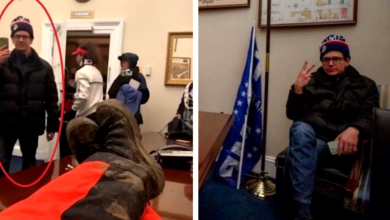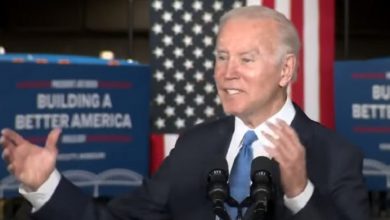Governors in Alabama, Arkansas, Mississippi, Montana and South Carolina are cutting Biden’s unemployment aid, a $300 in additional weekly federal payments, which helped many Americans throughout the pandemic.
According to the governors, the federal assistance is keeping Americans out of the workforce. This is especially notable in the states where many tourists are expected during the summer.
Businesses in hospitality industry have been struggling with employees even during the spring months. Many hotels and restaurants were unable to work with their full capacities because they were lacking employees, despite relaxing coronavirus restrictions.
The extended federal unemployment aid to residents was primarily set to expire in September.
“The $300 federal supplement helped thousands of Arkansans make it through this tough time, so it served a good purpose,” Arkansas Governor Asa Hutchinson said in a statement. “Now we need Arkansans back on the job so that we can get our economy back to full speed.”
Montana Governor Greg Gianforte claims that many businesses in the state are “really struggling” to find workers, something that affects the general economy in the state.
According to South Carolina Governor Henry McMaster, the issue is especially visible in low-wage jobs because “in many instances, these payments are greater than the worker’s previous pay”.
On Monday, there were more than 8.1 million job openings reported. This has once again opened the debate between employers and workers arguing that employers must meet the demand with appropriate wages and benefits in the economic fallout from the pandemic. On the other side, workers are still waiting daycare centers and schools to fully open to be fully available to work.
A lot of people clearly stayed ‘out-of-work’ because they couldn’t find proper childcare for their children. But there is a huge number of people who stay home on purpose comfortably relaying on the unemployment benefits.
Rebecca Dixon, executive director of the National Employment Law Project, said in a statement that ending “fully federally funded pandemic unemployment insurance programs is cruel, ill-informed” and will disproportionately impact women and communities of color that need aid the most.
“This crisis is far from over,” she said.





Leave a Reply
You must be logged in to post a comment.